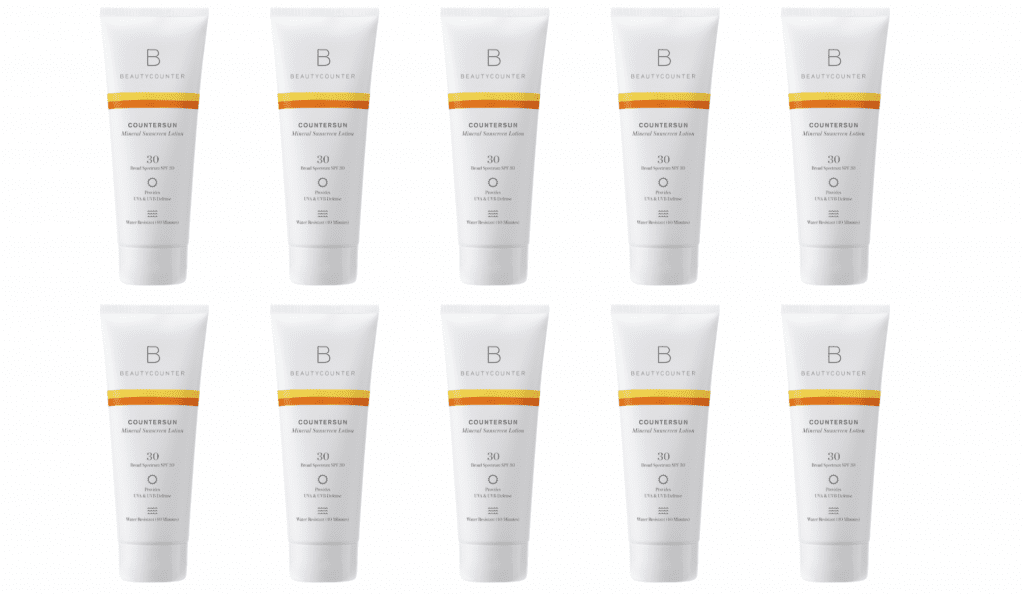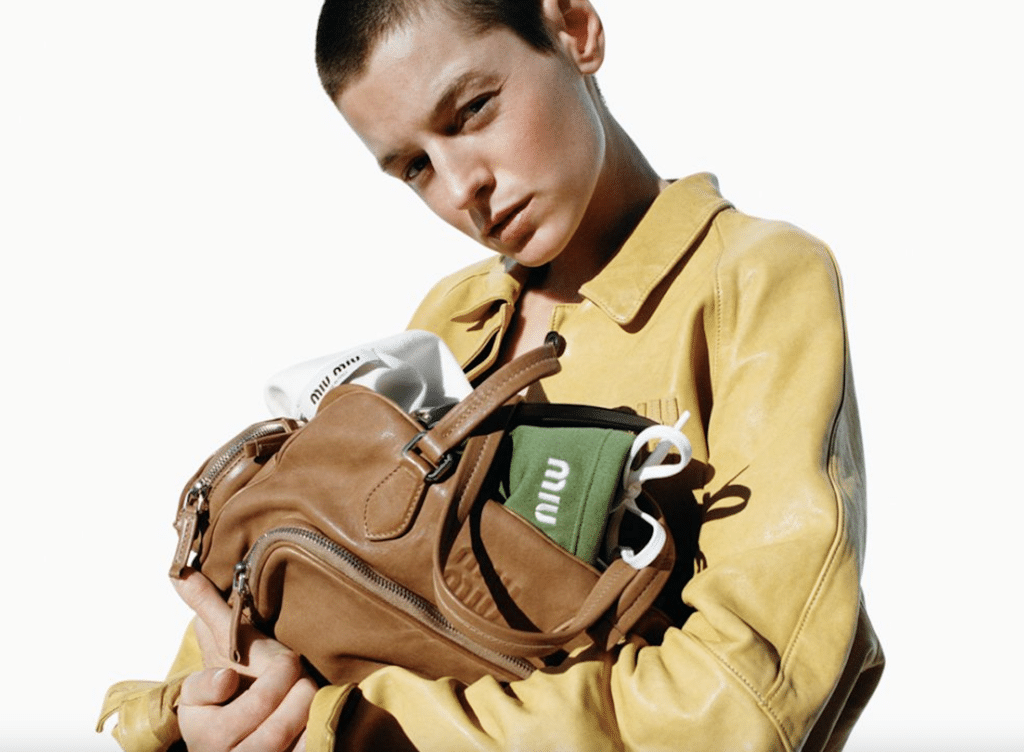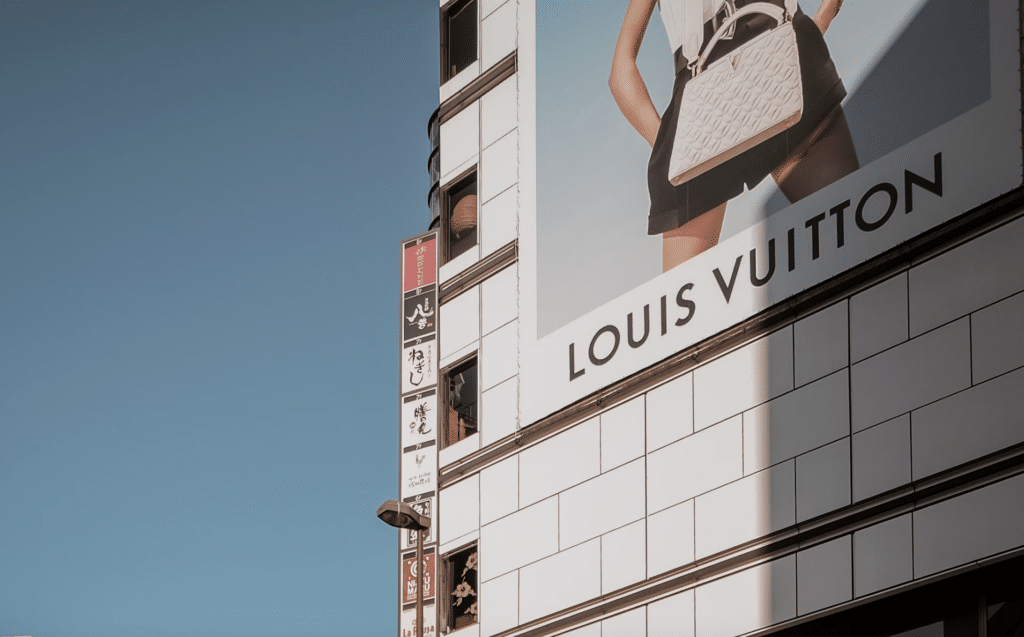Gwyneth Paltrow is expanding the physical footprint for her controversial Goop venture. In addition to temporary outposts for city-dwellers on location for summer in Sag Harbor and Nantucket, Paltrow is bringing her reportedly $250-million wellness empire to Canada – with a pop-up shop in Toronto. The Canadian shop is already under fire after federal health inspectors forced the company to pull two of its products from shelves.
According to Canada’s CBC News, “Inspectors visited the Toronto store and identified two Beautycounter brand sunscreen products – which the company says use ‘natural ingredients’ and no ‘questionable chemicals’ – that were not approved for sale in Canada.” A rep for Santa Monica-based Goop said that the products “were inadvertently sent to Canada,” and have since been removed from the store in Toronto. The problem, the company says, was not with the products, themselves, but with the packaging. Goop has voluntarily removed the products.
“We learned that two sunscreens with U.S. packaging from a third-party brand were inadvertently sent to Canada,” a rep for Goop said in the statement. “Canadian regulations require different packaging. The product itself is compliant with Canadian regulations and is the same formula as sold in the U.S. The packaging issue has been fixed, and we have reached out to Health Canada to ensure our entire assortment exceeds their standards.”
However, not all is lost for Goop. “Thanks to a loophole in Canadian health regulations, Goop can sell the same health products that are not permitted for sale in its [brick-and-mortar locations] to Canadian consumers by way of its website,” per CBC News. “While the rules for selling natural health products are very strict for storefronts, they are significantly more lax when it comes to online sales.”
The episode comes amidst a flurry of complications for Paltrow’s 11-year old brand – from litigation in the U.S., which accused it of making unfounded claims about the efficacy of its $66 vaginal Jade and Rose Quartz Egg, and its Inner Judge Flower Essence Blend, to an investigation in the United Kingdom, which centers on the accuracy of the claims made in connection with Goop’s products. Still yet, Goop made headlines when it was revealed that its partnership with publishing giant Condé Nast because it was not vet all claims it made in connection with its wellness products.
Nonetheless, Goop – which has raised $75 million in three rounds of funding from the likes of 14W (which maintains stakes in Glossier, Outdoor Voices, Moda Operandi, Everlane and Reformation, among others) and Felix Capital (an investor in FarFetch, Business of Fashion, Highsnobiety, etc.) – maintains a loyal following. Its events, which include a $4,500 “Mind-Body-Soul Reset” and other pricey summits, frequently draw in hundreds of women, most of whom trust Paltrow, thereby, giving rise to some “very strong placebo effects,” per Harvard University clinical research fellow and neurologist Dr. Matthew Burke.
As CNN’s Maggie Veatch and Roni Selig wrote in April, there’s more to the appeal of Goop than its questionable health advice. To be exact, “Goop’s success cannot be extricated from Paltrow’s own brand,” they stated in an article, entitled, “Does Goop need science when it has Gwyneth Paltrow?”
Some might argue that the answer is no.











